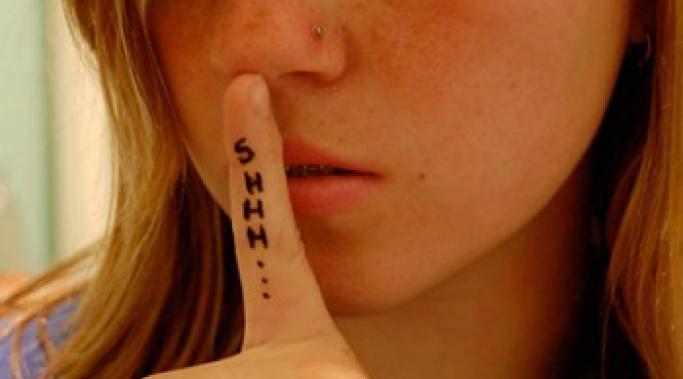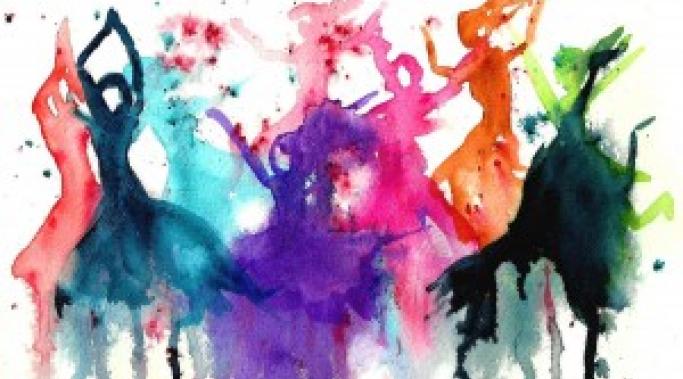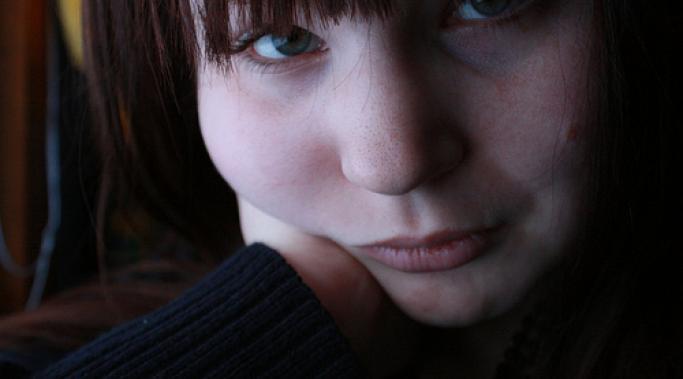When my brother was little, he went to school one day, climbed on top of his desk, and screamed. He didn't say anything. He just screamed. Nobody asked him why. When he ran away from home a few years later, the pastor of our church came over, witnessed my father's performance as a remorseful parent, and didn't concern himself with what exactly my father had to feel so regretful about. When I was six, my mother took me to a doctor – one of my father's colleagues – who asked her what had happened to make me bleed. I don't remember what she told him. All I know is that it wasn't the truth. She didn't know the truth. Only I and my father did. And no one asked me. Of course, by then I already had dissociative identity disorder (DID). Who knows what I would've said if they'd asked.
Disclosure
I am crazy. I am a fraud. I wanted to understand dissociative identity disorder (DID) because I wanted to understand myself. I didn't like it, though, all this multiple personalities crap that made me feel out of control. So I changed it. I made DID okay. Hard, but okay.
After a recent experience with state-dependent memory recall got me questioning the heavy focus on internal communication in Dissociative Identity Disorder treatment, I decided to ask readers of my personal blog how they learn about their systems. 63% of responders cited feedback from external others along with internal communication as the primary ways they gain insight into their DID systems. Only 9% cited internal communication alone. [See poll.] And yet in the six years since my diagnosis, I’ve never heard anyone who treats or has DID recommend engaging in the outside world as a path to self-discovery. In fact, I’ve heard the opposite: no one will understand Dissociative Identity Disorder but us; talk to yourself and to us, and no one else.
I’ve just realized that a year has passed since I began writing Dissociative Living here at HealthyPlace. This is a pretty significant achievement for me. And that’s partly because I’m just plain proud of the content I’ve written. But this blog’s anniversary is also the anniversary of my coming out publicly as someone with Dissociative Identity Disorder. By choosing to write Dissociative Living I also chose to stop writing anonymously and from that point on, attach my real name and real picture to my thoughts and perspectives on DID. It was a pivotal decision and one that, had I asked, most people would have advised against. One year, three weeks, eighty-two posts, and a thousand comments later, I don’t regret it even a little bit.
I Can't Tell You I Have DID. You Don't Understand.
I no longer hide the fact that I have Dissociative Identity Disorder. The major players in my life know I have DID. When it comes up in conversation, when not mentioning my diagnosis would require lying or warping the truth, I tell people I have DID. It's a new way of living for me and it's teaching me a lot about myself and others. One of the most surprising things I've discovered is that just as there are assumptions about DID in the general public, there are assumptions about the general public in the multiple community. Those assumptions obscure the potential for acceptance and support, and create barriers to understanding dissociative disorders.
The decision to disclose your dissociative identity disorder (DID) is a deeply personal one. Many, perhaps most, people with DID live in near silence about their disorder. They may tell only their family or no one at all. Some choose to share their dissociative identity disorder diagnosis not just with family but also friends. I belong to a smaller group of people who publicly say, "I have DID." What's comfortable for you may be unhealthy for someone else, and vice versa. With that in mind, what I offer you today isn't advice on whether or not to reveal your DID diagnosis, but a short list of DOs and DON'Ts - things to keep in mind when considering disclosure.





